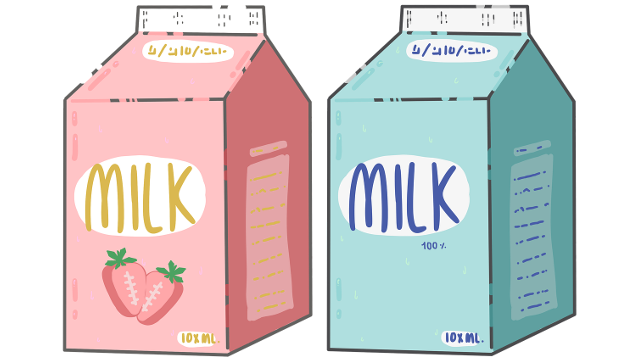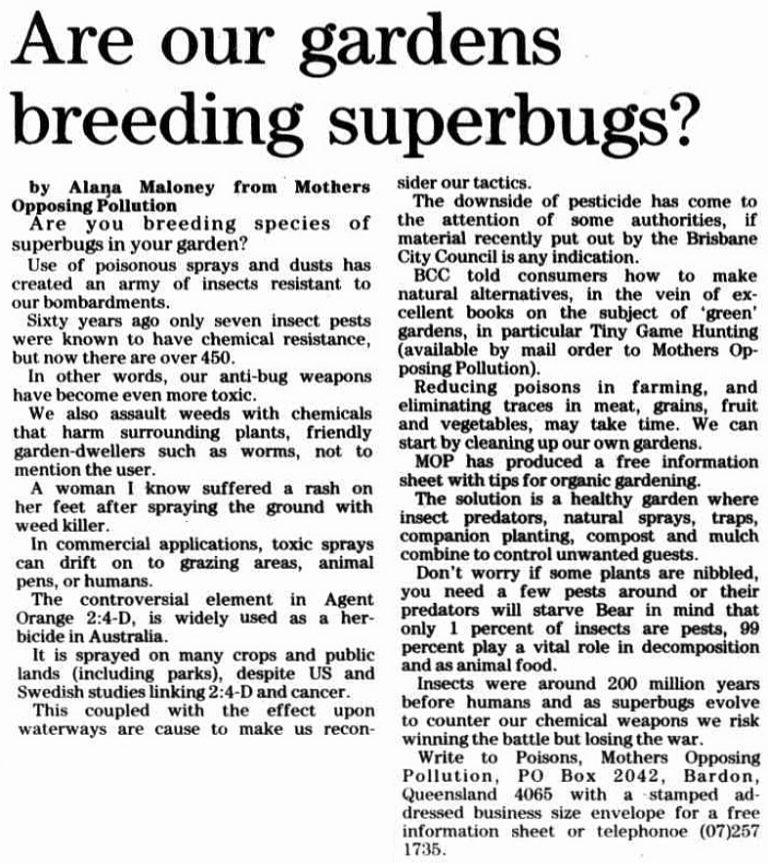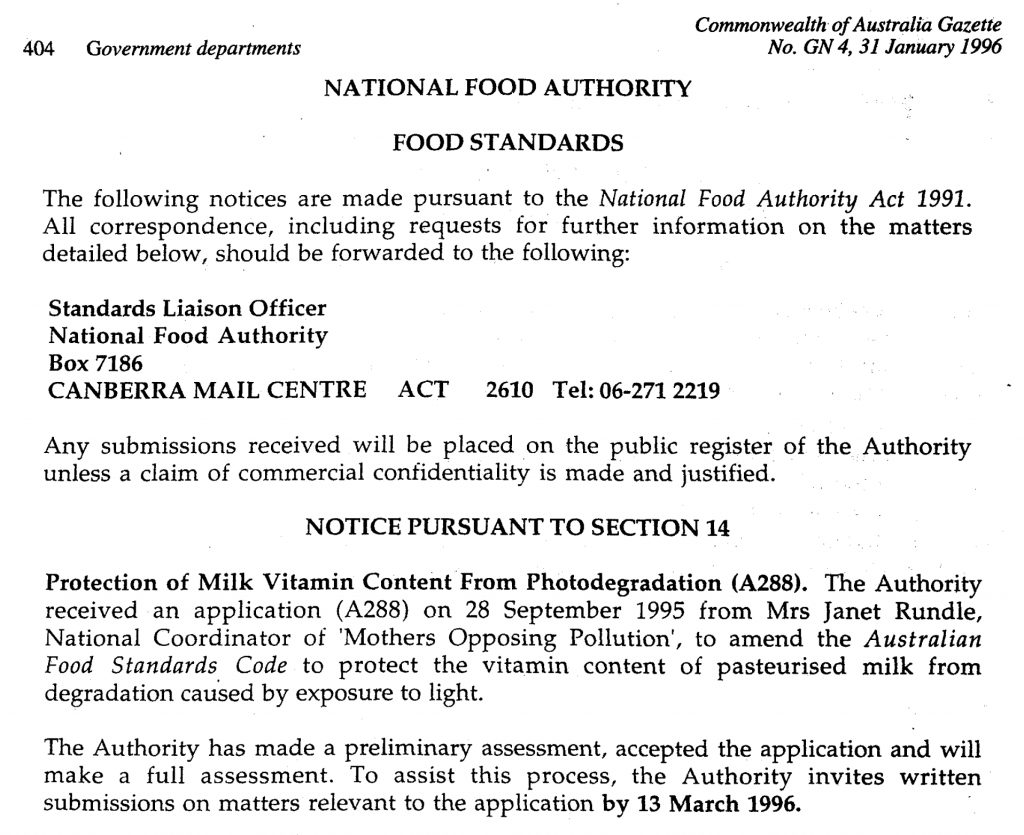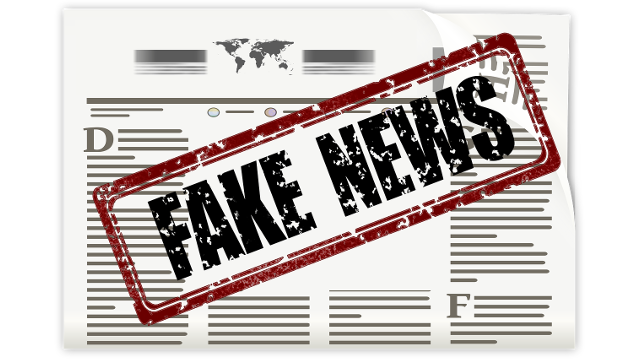
Case studies in complexity (part 4): Mothers Opposing Pollution (MOP)
This article is part 4 of a series featuring case studies in complexity from the work of RealKM Magazine’s Bruce Boyes.
Background
- Mothers Opposing Pollution (MOP) established as a significant environmental group. In 1993, an environmental group called Mothers Opposing Pollution (MOP) was established in Australia. The group promoted itself as “the largest women’s environmental group in Australia with thousands of supporters across the country,” and was listed in directories as a peak Australian women’s organisation.
- Significant community and media presence. Mothers Opposing Pollution distributed environmental education information and materials widely through supermarkets, the media, and other outlets. For example, the 1995 newspaper article “Are our gardens breeding superbugs?” from group representative Alana Maloney shown in Figure 1.
- Government policy influence. Mothers Opposing Pollution also made submissions in regard to government policy, for example the application to amend the Australian Food Standards Code shown in Figure 2.


Why it’s complex
- A fake group spreading fake news. Despite appearing to be a legitimate environment group, Mothers Opposing Pollution was a fake front group1, its media stories were fake news, and Alana Maloney wasn’t a real person:
Mothers Opposing Pollution (MOP) … billed itself as “the largest women’s environmental group in Australia with thousands of supporters across the country.” MOP presented an impressive facade. For an annual subscription of AU $39.95, supporters could get an environmental awareness certificate, tree-growing instructions and seeds, and 10 percent off MOP products such as soap or facial cleanser. The truly conscientious could buy MOP badges through supermarkets to raise funds for turtle research.
MOP’s spokeswoman, Alana Maloney, also waged a public awareness campaign against plastic milk bottles for their supposed carcinogenic properties. She raised additional concerns about the degradation of milk by UV rays that can penetrate the plastic.
MOP operated for several years until investigative journalists for Brisbane’s Courier-Mail, unable to locate the armies of outraged Australian women united against plastic milk bottles, unraveled its identity. They found that Alana Maloney did not exist. She was a cutout, a stand-in for someone else and some other interest.
So who was behind Mothers Opposing Pollution? The Australian press traced it back to a PR professional, who while waging a phony campaign against plastic milk cartons was found to have business links to a firm that consulted for the paper milk-carton industry.
- Unknown unknowns. Mothers Opposing Pollution being a fake front group is an example of an “unknown unknown” – something we don’t know that we don’t know. As Dave Snowden and Mary E. Boone advise in their highly-cited Harvard Business Review article A Leader’s Framework for Decision Making2, the complex context of the Cynefin framework is the realm of “unknown unknowns”.
Approach
- Grounds for suspicion. The Queensland, Australia environment group I was a member of at the time had been threatened with legal action by the paper milk carton industry because we had publicly promoted the findings of research showing that plastic milk bottles were environmentally better across their lifecycle. Because of this experience, we became very suspicious of Mothers Opposing Pollution when we saw the heavy slant towards paper milk cartons in their information materials. We became even more suspicious when our calls to their contact number were answered by what appeared to be a well-staffed call centre, while at the same time we were given the cold shoulder in regard to our requests to attend group meetings.
- Media investigation. Because of our suspicions, our environment group contacted the Wilderness Society, to find that they and other environment groups also had serious concerns about Mothers Opposing Pollution. Collectively, these groups encouraged the media to launch an investigation:
Following persistent criticisms from environment groups, the Courier Mail, a newspaper in Queensland, discovered that “Mrs Alana Maloney” was in fact Janet Rundle, who heads a public relations company called J.R. and Associates. Rundle is also a co-director, along with Trevor Munnery, of a company called Vita Snax, and Munnery has his own PR firm called Unlimited Public Relations, which works for the Association of Liquidpaperboard Carton Manufacturers (ALC)—the makers of paper milk cartons.
Outcomes
- End of Mothers Opposing Pollution. Once exposed, Mothers Opposing Pollution disappeared.
- Mothers Opposing Pollution is not an isolated aberration. While Mothers Opposing Pollution was terminated, Professor Sharon Beder of the University of Wollongong advises in her book Global Spin: The Corporate Assault on Environmentalism that Mothers Opposing Pollution is just one of many fake environmental “front groups” used by corporations and industry associations to promote their interests and agendas3. As Beder documents, these front groups have been significant contributors to climate science denial. The Center for Media and Democracy’s SourceWatch website also has an extensive list of examples of front groups.
- A recent example. As ABC News reports, a dubious environmental group with the name “Gatekeepers of Our Reef” was active during the 2019 Australian federal election, raising the suspicions of experienced environmental campaigners.
Lessons
- Because of unknown unknowns, reality can be a complete illusion. If our environment group hadn’t been threatened with legal action, we may never have become suspicious of Mothers Opposing Pollution. Indeed, the members of some other environment groups had been completely captured by the illusion of reality created by what was a cleverly designed large-scale scam. For example, when attending the meeting of another environment group at the time I denounced Mothers Opposing Pollution, only to incur the angry wrath of a number of the others present who labelled me as anti-women and anti-mother. I provide another example of how reality can be an illusion in a recent presentation.
- There are unknown unknowns that can and should be known. An “unknown unknown” is something we don’t know that we don’t know. But there are things that we don’t know that we don’t know that we arguably can and should know. One way of avoiding the unexpected consequences of unknown unknowns is through the use of horizon scanning, which “is a technique for detecting early signs of potentially important developments through a systematic examination of potential threats and opportunities.” Because of my early experiences with unknown unknowns, I’ve long used horizon scanning, and an example of my effective use of this technique can be found in the the Murray-Darling Basin Plan section of a previous article.
- Current problems with fake news are not an unknown unknown. A flood of fake news circulated through social media during the 2016 United States presidential election and United Kingdom Brexit campaigns. This led to a sharp rise in the use of the term “post-truth”, suggesting that the global information landscape had undergone a dramatic and sudden shift. However, the actions of Mothers Opposing Pollution and the many other fake groups like it over many years shows that fake news has existed for a long period of time, so the current issues with fake news are not anything new or unexpected. Further, while some commentators argue that social media is exacerbating the current problems with fake news, I’ve not yet seen any evidence that I consider reliably supports this view. I suggest that the sharp rise in the use of the term “post-truth” has more to do with the cognitive bias of rosy retrospection, which causes us to incorrectly judge the past more positively than the present.
- Fake news is a “Grey Rhino” not a “Black Swan”. Another way of considering the current problems with fake news is through the lenses of the concepts of “Grey Rhino” and “Black Swan”. In his book The Black Swan: The Impact of the Highly Improbable, Nassim Nicholas Taleb proposes what has become known as “Black Swan Theory”. He uses the unexpected discovery of black swans to highlight the limitations of knowledge, leading to highly impacting unexpected events coming to be called “Black Swans”. Taleb describes a “Black Swan” event as being “an outlier, as it lies outside the realm of regular expectations, because nothing in the past can convincingly point to its possibility.” Because the current problems with fake news have past precedents they are therefore not “Black Swans”. Rather, they are “Grey Rhinos”, for which Michele Wucker alerts that “Once you start looking at how many crises began with clear but essentially ignored warning signals, it becomes strikingly clear how often we miss opportunities to head off predictable problems.”
Header image source: wixin lubhon on Pixabay, Public Domain.
References:
- Torrenzano, R., & Davis, M. (2011). Digital Assassination: Protecting Your Reputation, Brand, Or Business Against Online Attacks, pp. 119-120. St. Martin’s Press. ↩
- Snowden, D. J., & Boone, M. E. (2007). A leader’s framework for decision making. Harvard Business Review, 85(11), 68. ↩
- Beder, S. (1998). Ecological Double Agents. Australian Science,19(1), pp. 19-22. ↩
Also published on Medium.






